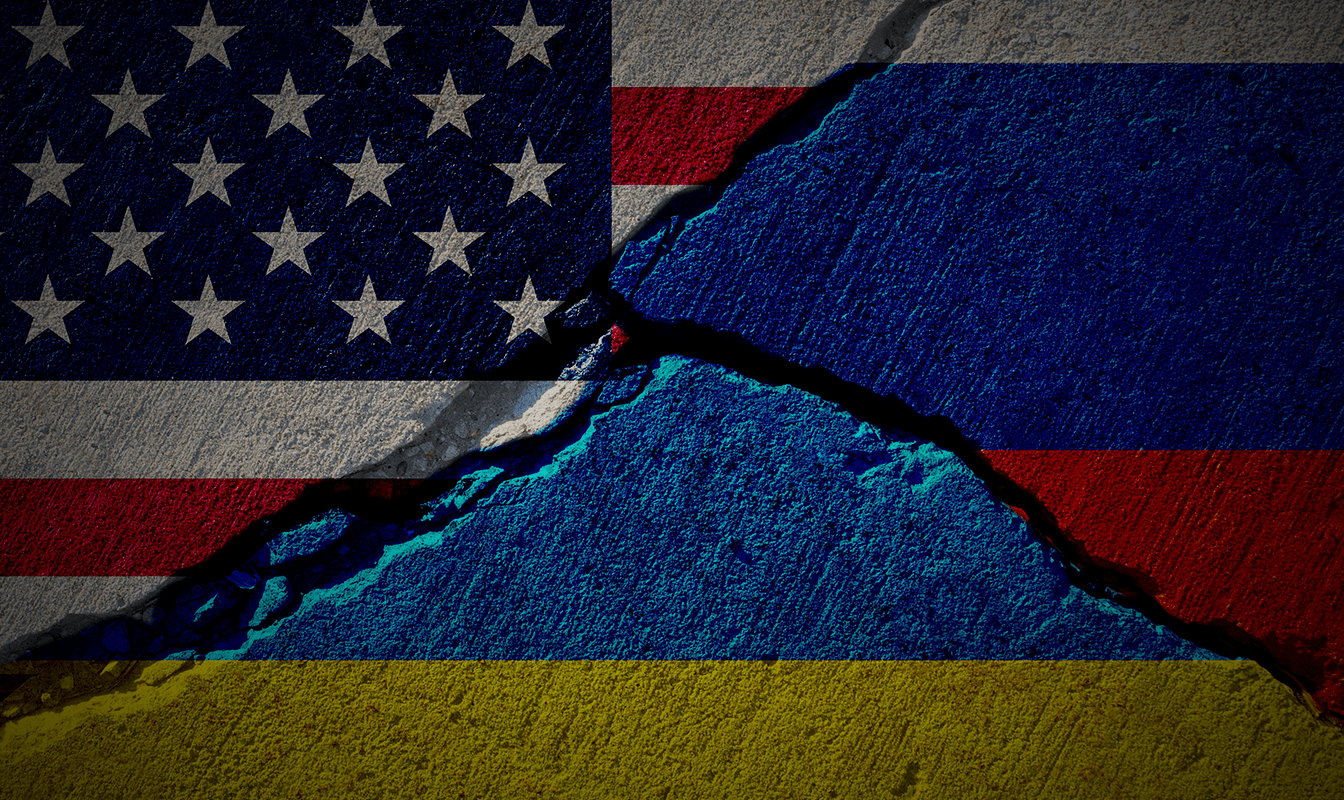Efforts to disengage from relationships with Russia and Belarus are affecting American colleges and universities in many ways, ranging from research collaborations to study abroad programs, endowment divestments and more.
And in a manner similar to the concerns expressed over the Federal government’s efforts to curtail espionage from China, some are taking steps to prevent a backlash against faculty and students with Russian backgrounds.
Endowments
In the endowment arena, millions of dollars from the Yale University endowment were disinvested from Russia, according to Yale President Peter Salovey.
The University of Michigan announced that it “will make no further investments in Russia and will move as quickly as practical to exit its remaining investments.” The university cited both the increased financial risk of those investments as what it called a “ruthless attack on freedom.”
Study Abroad
There have been widespread news accounts of students from other countries, particularly those in Africa, struggling to escape from Ukraine. Beyond the challenges universities face in extracting students currently into Ukraine and Russia, some – likely most – are suspending or terminating study abroad programs there.
The University of Richmond had already decided in December 2021 to not offer study abroad in Russia for the summer of 2022 because of what it cited as “many factors” including political instability and COVID.
The state of Iowa suspended all its universities’ study abroad programs in Russia and Ukraine. Iowa State and the University of Iowa are also advising students and staff against traveling to Russia or to other countries in the region: Estonia, Lithuania, Latvia, Hungary, Poland, Romania, Slovakia, Finland, and Sweden. Denny Chamberlain, director of Iowa State’s “Storytelling in Western Ukraine” program, said of the program’s future, “the way things are now, I’m never seeing it again.”
Research and Academics
The chancellor of the Texas A&M System instructed its 11 universities and agencies to dissolve all agreements – especially those related to academics, research and intellectual property, with Russian entities. But, it emphasized, “please “Please note that this action is in no way an indictment of our faculty members of Russian descent nor a criticism of faculty working to improve conditions in Russia, especially for oppressed groups in that country.”
Stanford University is terminating a $1.65 million contract for “online access to business-related professional development courses” that began in 2020 and was supposed to run until December 2023. But the university hasn’t made a public statement about the termination.
Rutgers University described as “inactive” a contract signed last year with the Russian State University for the Humanities in Moscow for research and information exchange. It was supposed to run through 2023.
Compassion for Individuals
A National Public Radio report noted that some universities are concerned about backlash and are asking for compassion for Russian as well as Ukrainian students. It quoted Columbia University’s president saying that students from both countries face a “bewildering and uncertain road ahead.” And University of Washington president Ana Mari Cauce said the campus stands with Ukraine but “must also take care to not let the actions of Russia’s authoritarian government affect our treatment of Russian students, scholars and community members who have no role in its policies.”
But the same report quoted Rep. Eric Swalwell (D-Calif.), saying the U.S. should consider “kicking every Russian student out of the United States,” a position that so far does not have the Biden Administration’s support. Indeed, the question of how far to hold individual Russians responsible for the actions of their government, or whether they should be compelled to denounce their government despite the potential dangers to themselves or their families for doing so, has begun to loom larger not only in academia but in such other fields as sports and the arts. In tennis, for example, on March 1 the world’s major tennis organizations adopted major sanctions against Russia and Belarus but stopped short of banning individual athletes. But on March 16, the UK Government said it might require tennis star Dmitri Medvedev to denounce the war before being allowed to compete at Wimbledon this summer.
In general, we are seeing the following trends in this very fluid environment:
- Financial, academic and operational disengagement from Russia.
- Expressions of empathy and support for Ukraine and Ukrainians.
- Cautions against backlash against Russian nationals, or overshooting the mark in terms of sanctions against individuals.

